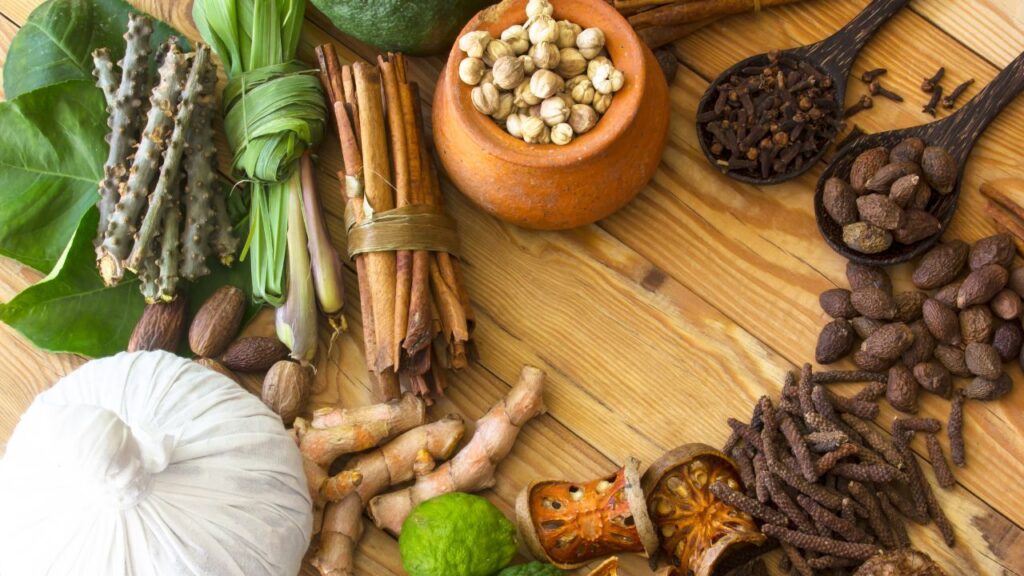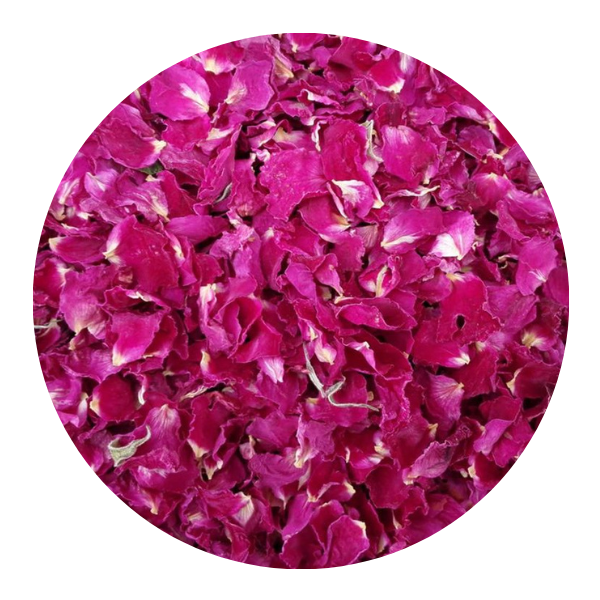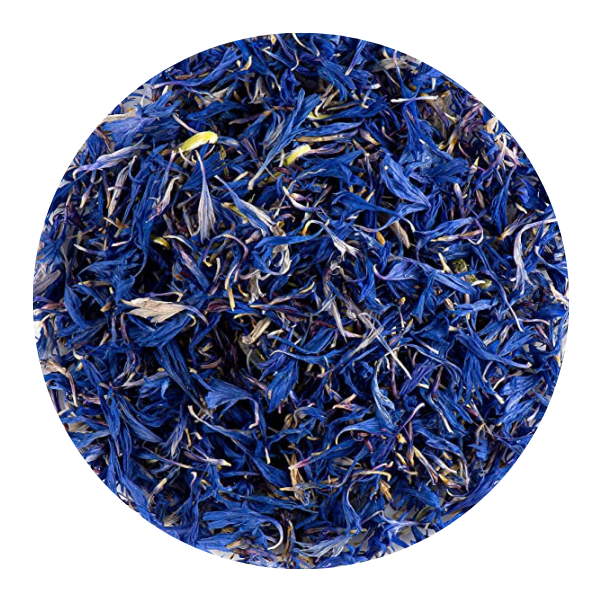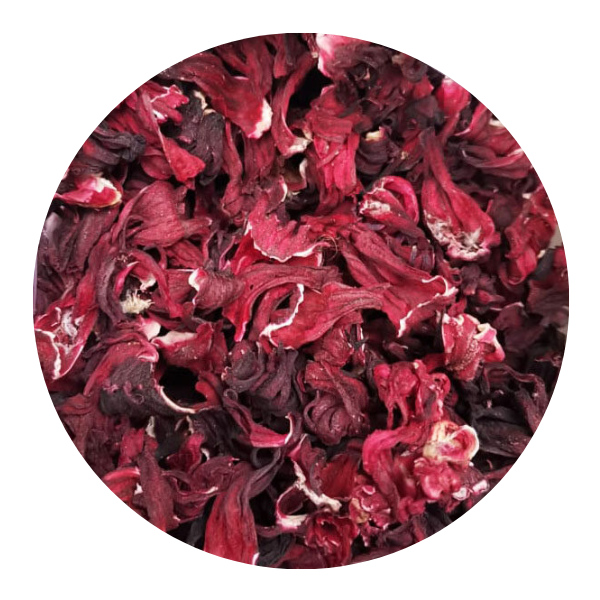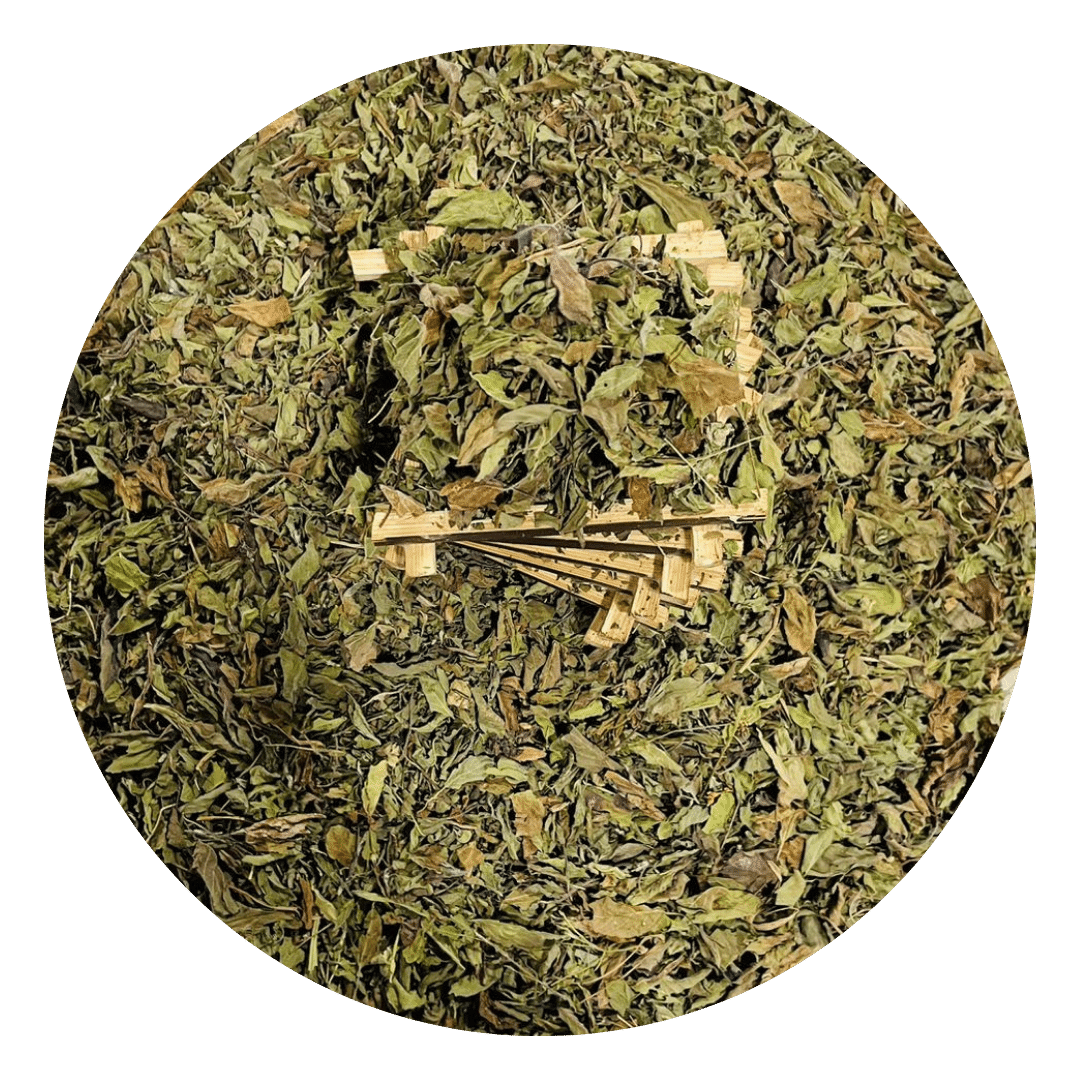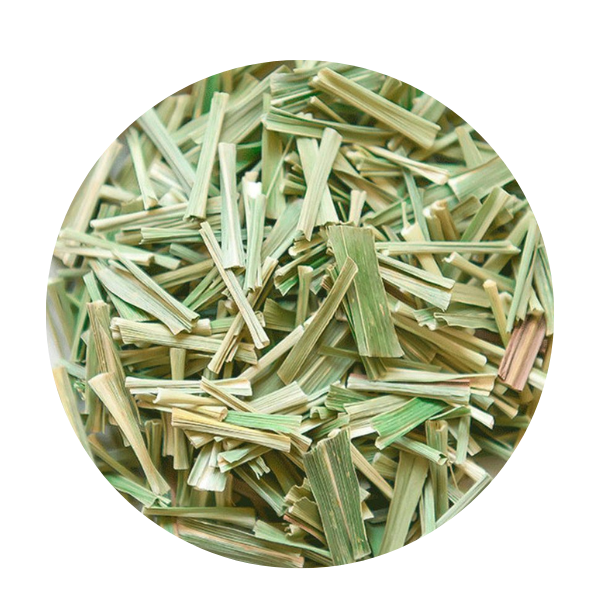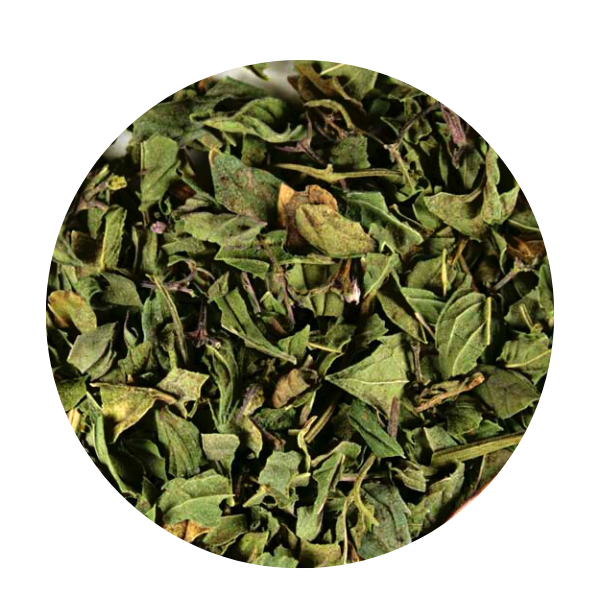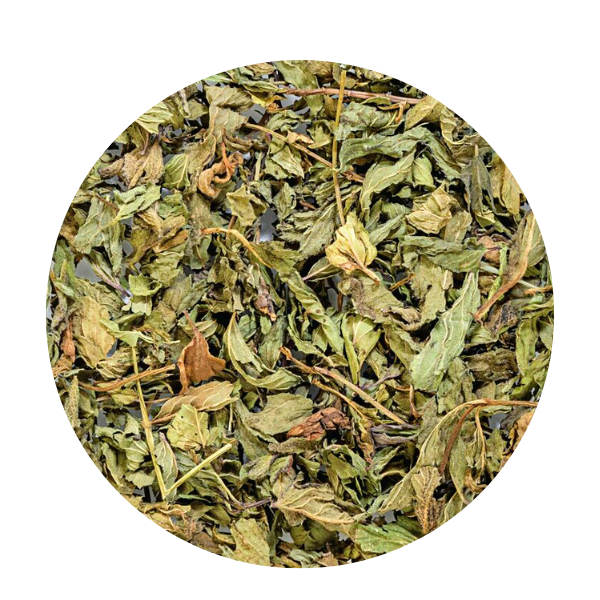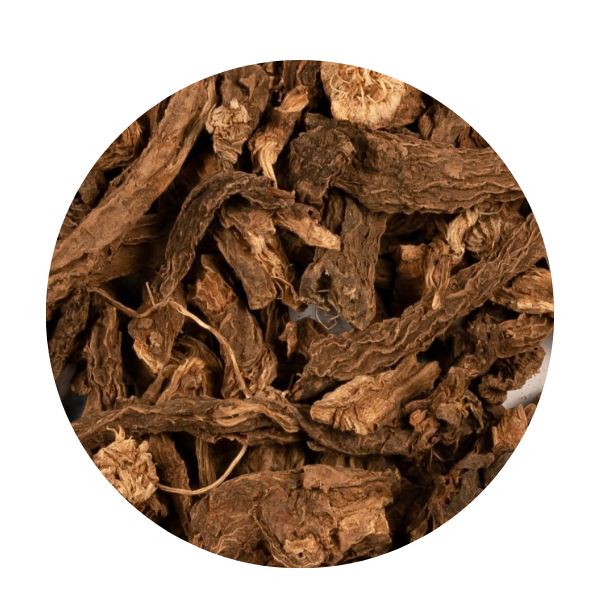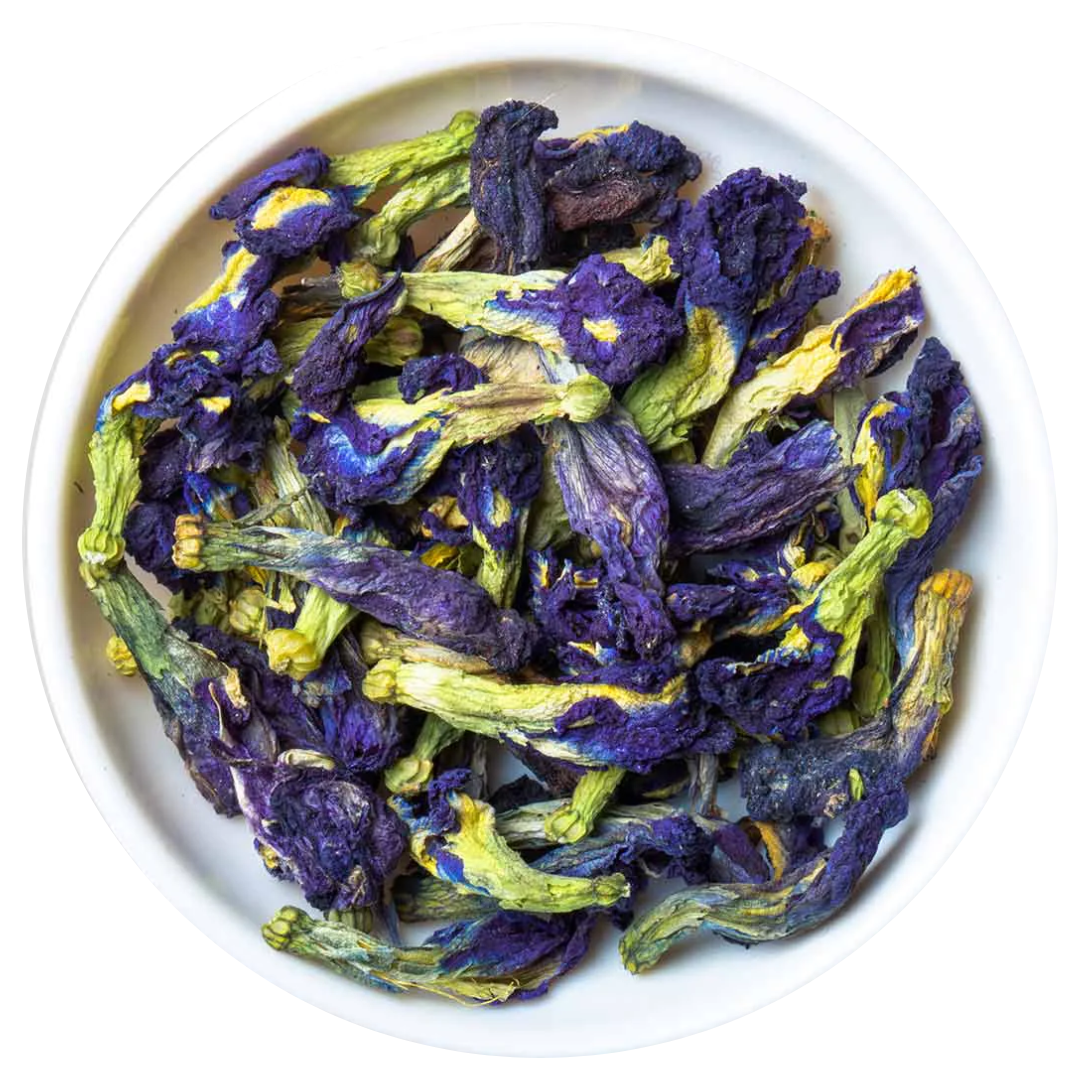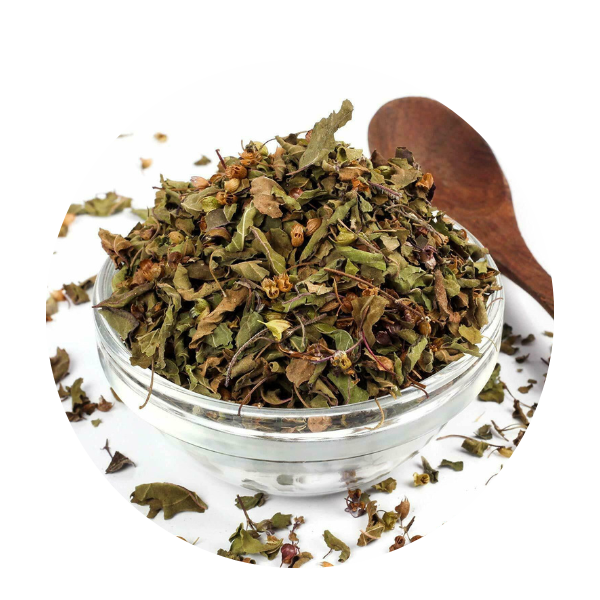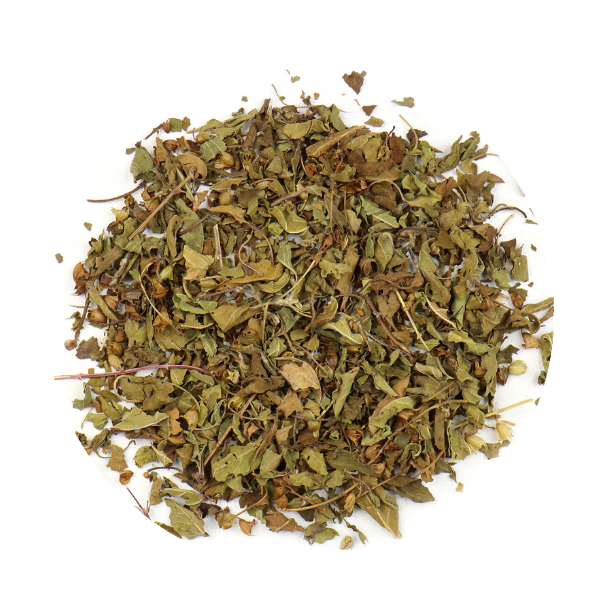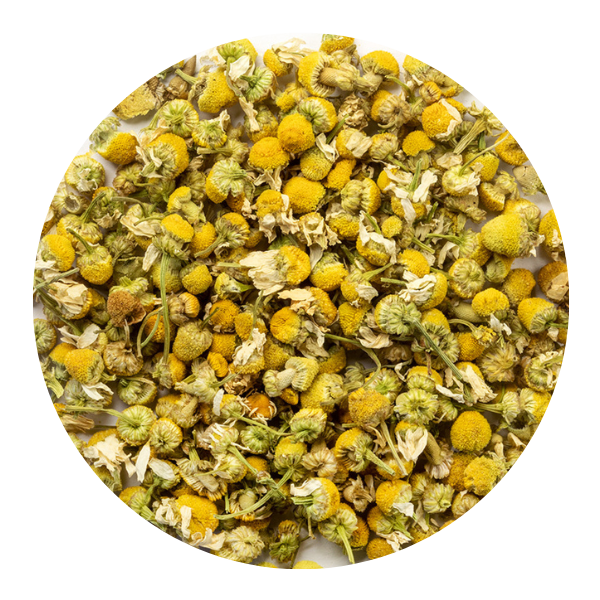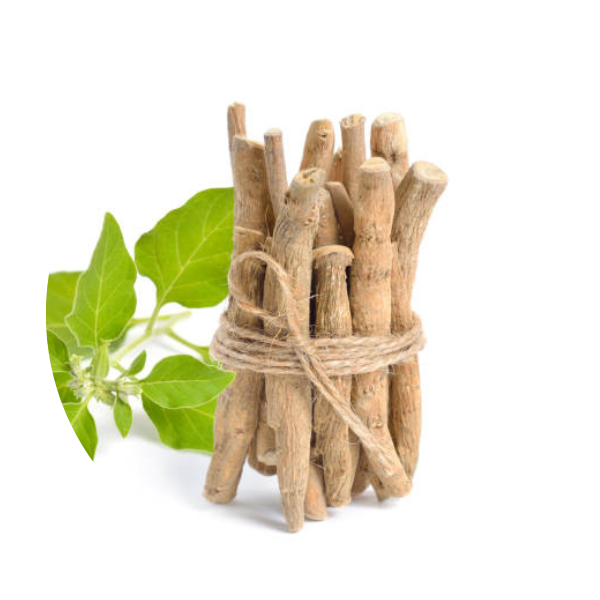Introduction: In recent years, there has been a growing interest in organic Herbs, and herbs are no exception. Many people are now faced with the decision of choosing between regular and organic herbs. This decision can be influenced by various factors, including personal preferences, health considerations, and environmental concerns. In this comprehensive guide, we will delve into the world of herbs, exploring the differences between regular and organic varieties, and helping you make an informed decision about which one is right for you.
What Are Organic Herbs?
Organic herbs are cultivated using specific farming practices that avoid the use of synthetic pesticides, herbicides, and chemical fertilizers. These practices are aimed at preserving the soil, reducing pollution, and promoting biodiversity. Organic herb farming typically relies on natural and sustainable methods, making it a popular choice for those concerned about environmental impact.
Organic Herb Certification: To ensure the quality and authenticity of organic herbs, many countries have established organic certification programs. These programs have stringent criteria that farmers must meet to label their products as organic. The certification process involves regular inspections to ensure compliance with organic farming standards, such as the use of natural pest control methods and sustainable farming practices.
Benefits of Organic Herbs: it have gained popularity due to the numerous benefits they offer:
Reduced Exposure to Chemicals: One of the primary reasons people choose it is to minimize their exposure to synthetic chemicals. Conventional herb farming often involves the use of pesticides and herbicides, which can leave residues on the herbs. , on the other hand, are grown without synthetic chemicals, reducing the risk of pesticide residues in your food.
Healthier Soil and Ecosystem: Organic herb farming promotes healthier soil by focusing on natural nutrient enrichment and reduced soil erosion. This sustainable approach also helps maintain biodiversity and supports beneficial insects and wildlife in the ecosystem.
Enhanced Flavor and Aroma
Many consumers find that organic herbs have a more robust flavor and aroma compared to their conventionally grown counterparts. This is often attributed to the absence of synthetic fertilizers, which can dilute the natural flavors of herbs.
Non-GMO: These are not genetically modified (non-GMO). This means they are grown from seeds that have not been genetically altered, which can be a crucial consideration for those who want to avoid genetically modified organisms in their diet.
Conventional Herb Farming: Conventional herb farming is the traditional and widely practiced method of herb cultivation. In this approach, synthetic pesticides, herbicides, and chemical fertilizers are often used to maximize yields and protect crops from pests and diseases.
Lower Cost: Conventional herbs are generally more affordable than their organic counterparts. This lower cost can be appealing to individuals on a budget or those who prioritize cost efficiency.
Wider Availability: Regular herbs are widely available in most grocery stores and markets, making them more accessible to consumers. They are often easier to find, ensuring a consistent supply of your favorite herbs.
Consistent Appearance: Conventional herbs are typically uniform in appearance, making them more visually appealing to some consumers. They tend to have fewer blemishes and imperfections, which can be important for presentation in culinary dishes.
Regulatory Oversight: Conventional herbs are subject to government regulations and quality control measures. This oversight can provide a level of assurance regarding safety and quality standards.
Your Health and Well-being: When deciding between regular and organic herbs, your health should be a top priority. If you have concerns about pesticide residues and want to minimize your exposure to synthetic chemicals, it may be the better choice. This is particularly important if you or your family members have sensitivities or allergies to certain chemicals used in conventional farming.
Environmental Impact: If you are environmentally conscious and want to support sustainable farming practices, These are the more eco-friendly options. Organic farming promotes soil health, reduces pollution, and conserves biodiversity. Choosing it can be a way to align your dietary choices with your environmental values.
Flavor and Culinary :The choice between regular and it can also come down to your culinary preferences. Some individuals find that it have a more intense and authentic flavor, making them a favorite for cooking enthusiasts. However, this is a subjective matter, and the choice may vary from person to person.
Budget and Accessibility: Regular herbs are often more budget-friendly and widely available. If cost is a significant concern, or if you live in an area with limited access to organic products, regular herbs may be the more practical choice.
Non-GMO Concerns: If you are specifically looking to avoid genetically modified organisms (GMOs) in your diet, both organic and regular herbs can be suitable choices. Organic herbs are non-GMO by definition, while many conventionally grown herbs are also non-GMO. To be certain, look for non-GMO labeling on the product.
Tips for Choosing Quality Herbs
Regardless of whether you choose regular or organic herbs, here are some tips for selecting the best-quality herbs:
Inspect the Appearance: Look for herbs that appear fresh, vibrant, and free from discoloration, wilting, or mold. Fresh herbs often have a strong aroma, which can be a sign of their quality.
Check the Packaging: Examine the packaging to ensure it is intact and free from moisture. Moisture can lead to mold growth, which can compromise the quality of the herbs.
Read Labels: Read the product labels carefully. If you want organic herbs, look for the organic certification label. If you want non-GMO herbs, check for the non-GMO label.Opt for herbs that are in season. Seasonal herbs are more likely to be fresher, have better flavor, and be more affordable.
Consider Growing Your Own: If you have the space and the inclination, consider growing your own herbs at home. This allows you to have complete control over the cultivation process and ensures the freshest possible herbs.
Conclusion: In the debate of regular vs. organic herbs, there is no one-size-fits-all answer. The right choice for you depends on your priorities, whether they are related to health, the environment, budget, or personal taste. Both regular and organic herbs have their own set of advantages, and understanding your needs and preferences is the key to making an informed decision.
If you are looking to minimize exposure to synthetic chemicals, support sustainable farming practices, and enjoy intense flavors, organic herbs are the way to go. On the other hand, if budget, accessibility, or consistent appearance is your top concern, regular herbs may be a more practical choice.
In the end, what matters most is that you enjoy the herbs you use in your culinary creations and that they align with your values and priorities. Whichever type of herb you choose, incorporating fresh, flavorful herbs into your cooking can elevate your dishes and enrich your culinary experience.

